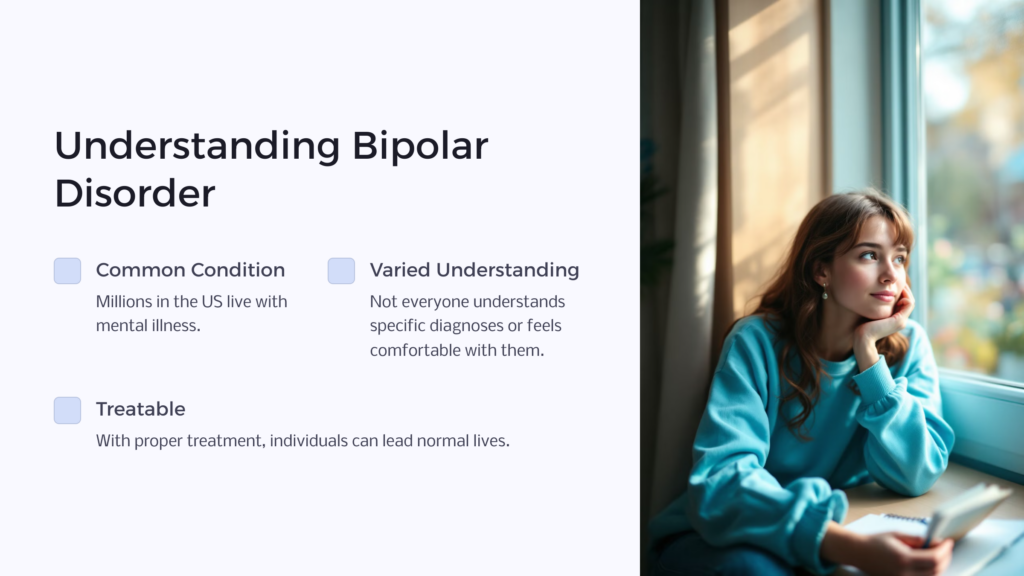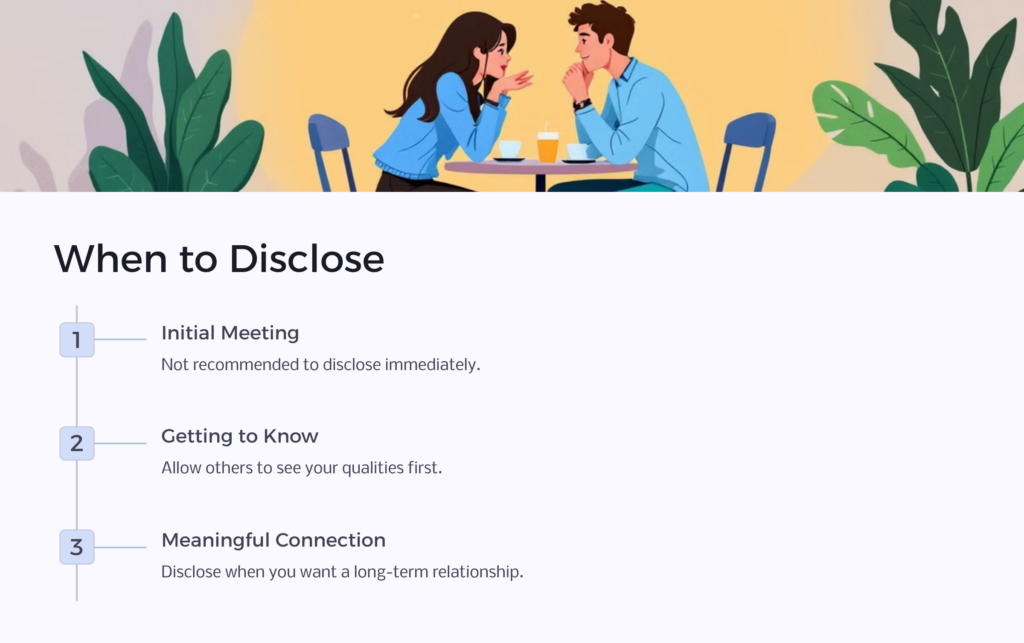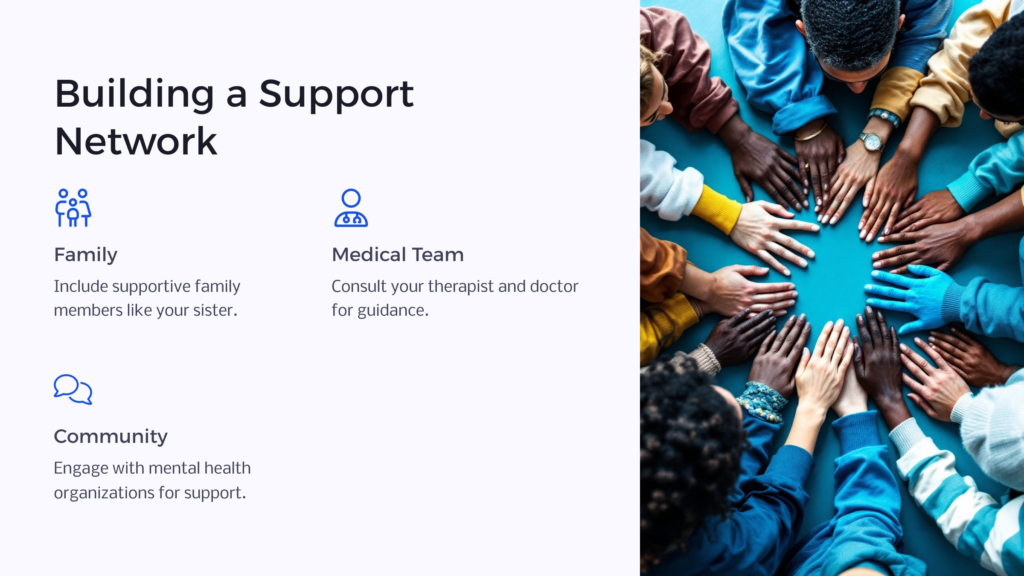
Dear Benefits Advisor,
My life has been a struggle for many years until this past year, at age 37, when I was finally diagnosed and treated for Bipolar Disorder. I am working with a therapist and doctor to manage my condition and lead as normal a life as possible. Recently, I moved to be closer to my older sister who has been very supportive. I am still with the same medical team for treatment but am too far from my previous home to stay in contact easily with my former friends. I’d like to meet new people and make some friends so I can have a fuller social life. I am even interested in trying to date someone and have a normal relationship, or as normal as possible for me. My question is, when should I disclose to people I meet that I have this disability? And what do I say that won’t scare them away? The fact that I can’t work right now probably doesn’t make me a very good candidate for a relationship, does it?
Tim in St. Louis
Dear Tim,
Good for you for recognizing that while you continue to treat your mental illness you also can navigate the complexity of developing relationships, even romantic ones. Because there are millions of people in the US living with mental illness today, most people know and love someone with a mental or emotional disability. But that doesn’t mean that people understand specific diagnoses or feel comfortable inviting people into their life with a mental health condition.

Let’s tackle your first question. When and how do you disclose to someone that you have Bipolar Disorder? Do you state it upfront so the person can decide immediately whether or not to engage with you? Or do you wait for someone to get to know other qualities about you before discussing your health? The best advice I know about is from the National Alliance on Mental Illness (www.nami.org), an excellent organization that offers information and support to those living with mental illness, including the friends and families of people with mental illness.
On their website is a great discussion about romantic relationships, including when to disclose and how to tell people about your condition. Their experts state that it is a good idea to disclose your condition when you realize that you want to have a meaningful, long-term relationship with a person. Some techniques that can help with this conversation include focusing on the positive aspects of your relationship with the person then honestly describing your mental health condition. Make sure you bring up the treatment you are involved with and how it is helping you to lead a normal life. Say that you decided to share this information because you care about the person and know that to have a strong relationship, there needs to be honesty and trust.
Of course each person you tell may have a completely different reaction. You have to be ready to accept what they tell you, even if it is not what you wanted to hear. If your challenges are too much for a friend or potential relationship, it is best to find out rather than limp along knowing that something is not working. You might also think about what you have learned about your disability and how to manage it so that you can explain it with confidence.
As for the question about working, there are millions of men in your age group who are not working for a variety of reasons. Even so, that may be a deal breaker for some people, if they are working and feel that you should be working, too. Without getting into all the financial issues that can affect a friendship or romantic relationship, it’s important that you understand how others might interpret the fact that you are not working.
If you have been employed in the past, is there some way you could see yourself returning to that work in the future? If you continue to manage your illness well do you think there is a possibility that you could work? Think about how you feel about these questions and if you could discuss them with your friends. There are many programs offered through community organizations and through Social Security that help people like you explore employment opportunities.

I hope you will also include your sister, your therapist, and your doctor in your desire and ideas about meeting new people and presenting yourself honestly to others so they can continue to support you. And don’t forget to read all you can from NAMI, the National Institute of Mental Health (www.nimh.nih.gov) and other organizations about how to lead a full life with your disability.
Sincerely,
Benefits Advisor
 Benefits.com Advisors
Benefits.com Advisors
With expertise spanning local, state, and federal benefit programs, our team is dedicated to guiding individuals towards the perfect program tailored to their unique circumstances.
Rise to the top with Peak Benefits!
Join our Peak Benefits Newsletter for the latest news, resources, and offers on all things government benefits.



















